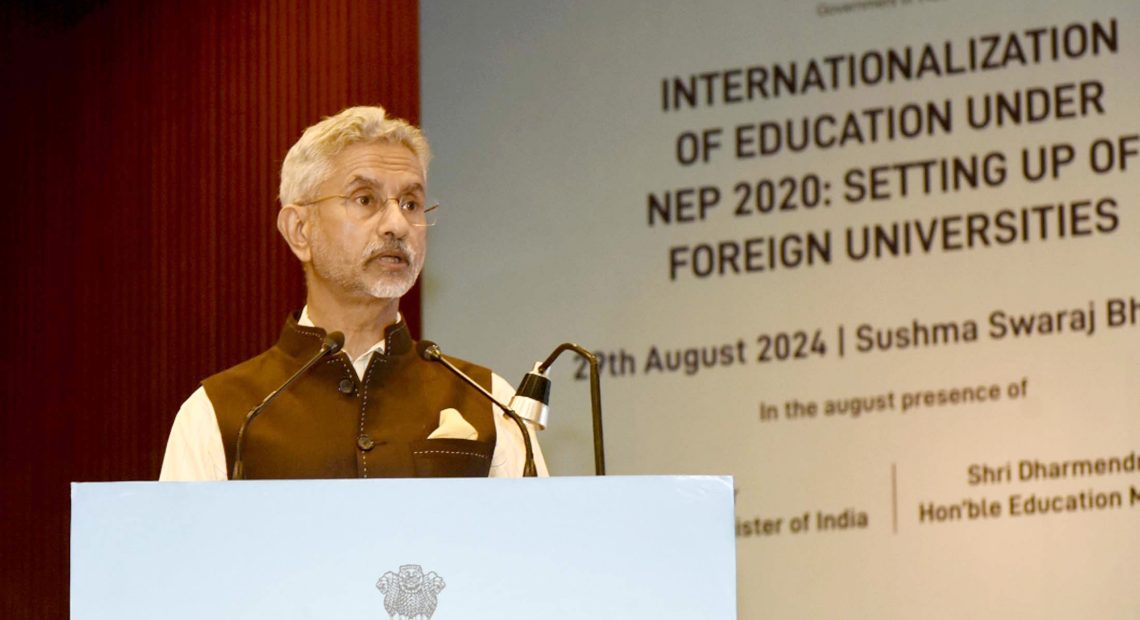
India Rejects Nuclear Blackmail, Affirms Bilateral Talks
In a powerful diplomatic address delivered in Berlin, External Affairs Minister Dr. S. Jaishankar firmly rejected any notion of nuclear coercion from Pakistan and emphasized that India would engage with its western neighbor solely on a bilateral basis. The statement comes in the wake of heightened tensions following the deadly Pahalgam terror attack.
“India will never give in to nuclear blackmail, will deal with Pakistan purely bilaterally”: Jaishankar in Berlin
Zero Tolerance for Terrorism
Dr. Jaishankar used the Berlin platform to reiterate India’s uncompromising position on terrorism. He condemned the Pahalgam attack, calling it a calculated attempt to derail peace and disrupt communal harmony in India. Stressing that terror and talks cannot go together, he declared that India’s internal and external security responses would remain firm, decisive, and aligned with the country’s national interest.
India’s message to the international community was clear: any country that enables, sponsors, or provides safe haven to terrorists must face accountability. The minister’s remarks served as a stark warning to Pakistan, while also seeking to galvanize international support against state-sponsored terrorism.
No Third-Party Mediation on Pakistan
Dr. Jaishankar strongly underlined India’s traditional and consistent stance that any issues with Pakistan will be resolved bilaterally and without external intervention. He said, “There should be no confusion in Germany or anywhere else in the world. We will not internationalize our dispute. We will not be coerced. We will not bend to nuclear blackmail.”
This direct message was aimed not only at Islamabad but also at the international community, many of whom have often pushed for mediation or engagement through backchannels. Jaishankar’s Berlin remarks signaled that New Delhi will not tolerate any interference in what it considers bilateral issues.
Deepening Ties with Germany
Apart from addressing terrorism and Indo-Pak relations, Jaishankar’s Berlin visit also served to strengthen India-Germany diplomatic ties. In his meetings with German Foreign Minister Johann Wadephul and Chancellor Friedrich Merz, both sides discussed strategic cooperation in defense, trade, and technology.
The German leadership backed India’s right to self-defense and acknowledged New Delhi’s legitimate concerns about terrorism emanating from across the border. There was also a convergence of views on promoting multilateralism and ensuring stability in the Indo-Pacific.
Jaishankar’s assertive tone and clarity in Berlin reaffirmed India’s principled foreign policy—one that emphasizes bilateralism, shuns external interference, and firmly resists all forms of terror-based coercion. The message to both allies and adversaries was unmistakable: India will chart its own course, on its own terms.


















